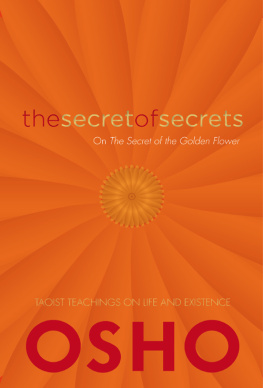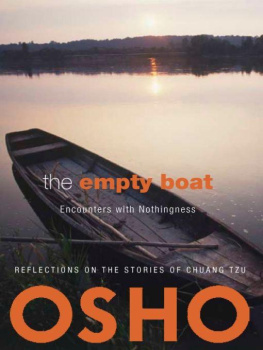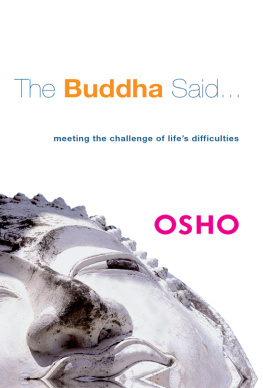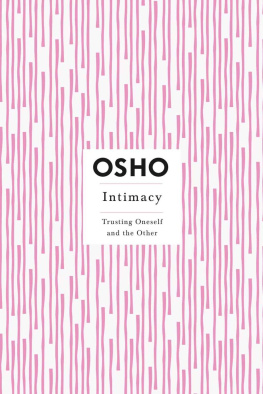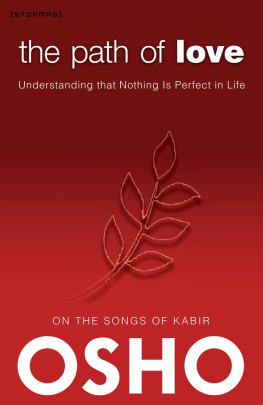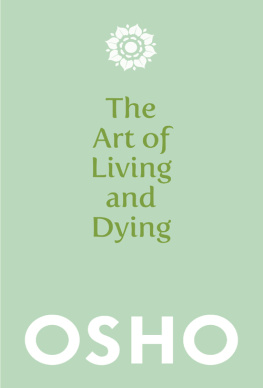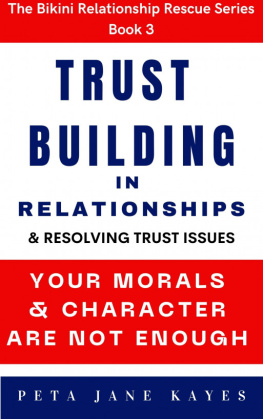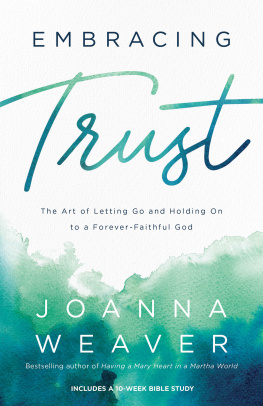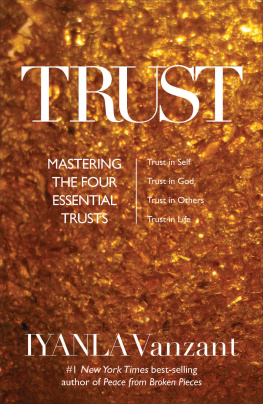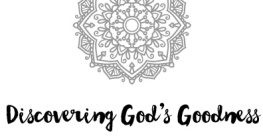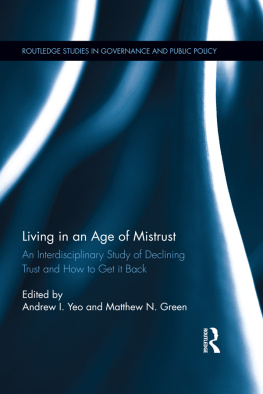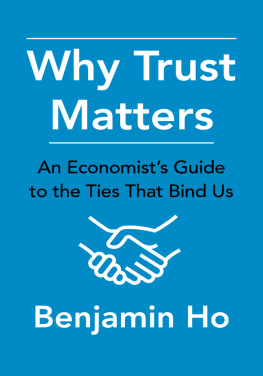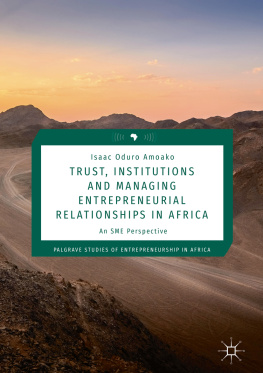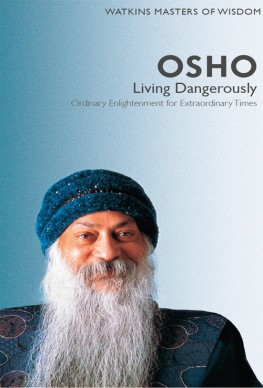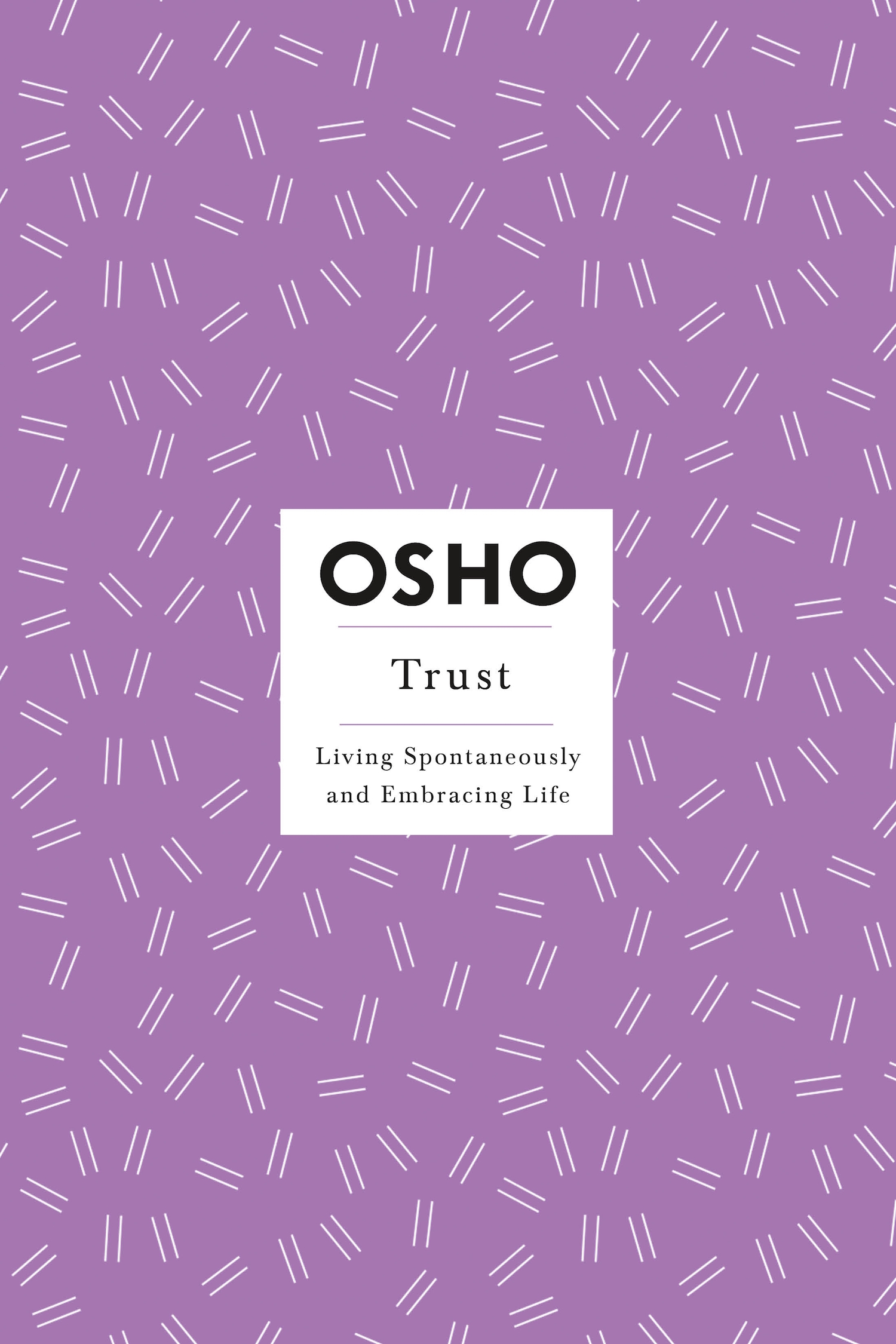Contents
Guide

The author and publisher have provided this e-book to you for your personal use only. You may not make this e-book publicly available in any way. Copyright infringement is against the law. If you believe the copy of this e-book you are reading infringes on the authors copyright, please notify the publisher at: us.macmillanusa.com/piracy.
Have you seen any of those documentaries on the origins of planet Earth from about four and a half thousand million years ago? It is a simply astounding story of an initial fireball, subjected to a huge planetary collision, then meteorite bombardments, the arrival of literally oceans of water, the origin of primitive living organisms, climatic disruptions from snowball Earth to volcanic chaos, the oxygenation of the planet. And finally, after about four thousand million years, the first creepy crawlies appear in the oceans. After which it took another five hundred million years of trial and error to manage to give you the opportunity to read this bookon trust! Yes, it took a while to bring you and this book togetherwhich is simply a reflection of the extraordinarily intricate process involvedas a tapestry of zillions of life-forms evolve into one organic whole where you can feel at home.
Food, water, air, energy, and valuable materials are all around us. You have been invited to what may be the most amazing play in the whole universe, called life, surrounded by abundance.
So, whats the problem: Why is trust even an issue? As Osho puts it, Why cant you trust? The whole existence trusts. Trees never go neurotic, birds and animals never go psychotic. So whats going on? We are the most blessed of creatureswho react to this amazing gift of existence by wasting vast amounts of energy attacking ourselves, each other, and this beautiful planet in a way no other life-form does.
Here is the missing bit of the puzzle. First, it took a few hundred million years for single-cell life-forms to appear, and then another few billion years of biological evolution before the animals and the trees appeared. Up to this point, all life was pre-programmed how to live. Then, a mere few hundred thousand years ago, we arrived. As Osho explains, prior to the arrival of our species, No other animal has been given the gift of being free; every animal is given an already fixed program. All animals are programmed except man. A dog is bound to be a dog, and forever a dog; nothing else is possible, there is no freedom. He is programmed, everything is built-in. The blueprint is there, he will simply follow the blueprint: he will be a dog. There is no choice for him, no alternatives are available. He is an absolutely fixed entity.
With man, everything changes. The immense gift of existence is freedom. You are left unprogrammed, you dont carry a blueprint. You have to create yourself, you have to be self-creative. So it all depends on you: you can become a Buddha, a Bahauddin, or you can become an Adolf Hitler, a Benito Mussolini. You can become a murderer or a meditator. You can allow yourself to become a beautiful flowering of consciousness, or you can become a robot. But remember, you are responsibleand only you, and nobody else.
This understanding provides a unique picture of our place in the story of life. Biological evolution has brought us only so farto a point where it is now up to us to fulfill our potential as human beings and to create a world fit to live in. Unlike all evolutionary processes in the past, this next step is in our hands! It seems we humans are faced with a critical moment: we either change ourselves or we can expect the current madness in the world to continue.
Osho describes our dilemma so clearly: Man is always in crisis. Man is crisisconstant. It is not accidental, it is essential. Mans very being consists of crisis; hence the anxiety, the tension, the anguish. Man is the only animal who grows, who moves, who becomes. Man is the only animal who is not born complete, who is not born closedwho is not born like a thing, who is born like a process. Man is open. His being consists in becomingthat is the crisis. The more he becomes, the more he is .
Osho continues to help us unravel the underlying basis of this crisis: The unconscious pulls you back toward the animal world; its pull is downward, backward. And the conscious is trying to pull you upward so you become more conscious, because consciousness has given you many things. Yes, it has given you anxiety, tension, anguish, but it has also given you music, painting, poetry. And it has given you a dignity that no animal has, the dignity of being conscious.
Of course, once you see what is happening in this light, it makes total sense. If freedom is the highest potential of existence, then it cannot be just given to us like our arms and our legs. Anything given can be taken away and could never be the basis of true freedom. Either we live robotically, unconsciously destroying ourselves, our neighbors, and the world around us, or we bite the bullet and accept the simple realization that either we change or everything will continue the same. It is up to us.
And what is the way out of this crisis? Osho again is clear: You have to bring some new element into the world of biology, and that I call meditationa ray of meditation, a ray of watchfulness. That does not belong to biology at all, because animals are not aware, trees are not aware. They live in 100 percent unconsciousness.
Naturally the question arises: What is the connection between meditation and trust? Osho explains this precisely: Without meditation you will not be able to find trust in yourself. And the day of finding the trust in yourself is the greatest day in your eternal life. It changes all the vision, all perception, all judgment about existence and about other people. The trust goes on growing and spreading all around you. Only then will you have unconditional trust in existence.
So, the way ahead for each one of us is inescapable. A journey, as Osho reveals, which can be the most delightful voyage there is:
Relax into your being, you are cherished by the whole. Thats why the whole goes on breathing in you, pulsating in you. Once you start feeling this tremendous respect and love and trust of the whole in you, you will start growing roots into your being. You will trust yourself. And only then can you trust me. Only then can you trust your friends, your children, your husband, your wife. Only then can you trust the trees and the animals and the stars and the moon. Then one simply lives as trust. It is no longer a question of trusting this or that; one simply trusts.
Time to start reading this book!
John Andrews
M.D., M.B., B.S.M.R.C.
John Andrews is an author, scientist, and meditator who was Oshos personal physician, taking care of his body for many years, including the last days. As a meditator and a scientist for many decades, John Andrews has enjoyed following the gradual acceptance of meditation by the scientific community as it turns into the current flood of interest. He now writes about the final step of that journey, from meditation to Osho meditations.
THIS IS IT
The distinction is very subtle, but it is the same distinction as there is between the mind and the heart, as there is between logic and loveor, even more appropriate, as there is between prose and poetry.
A destination is a very clear-cut thing; direction is very intuitive. A destination is something outside you, more like a thing. A direction is an inner feeling; not an object, but your very subjectivity. You can feel direction, you cannot know it. You can know the destination, you cannot feel it. Destination is in the future. Once decided, you start manipulating your life toward it, steering your life toward it.


